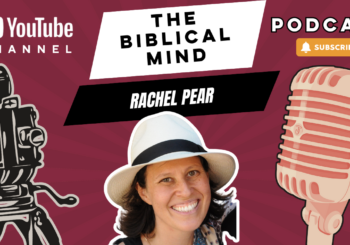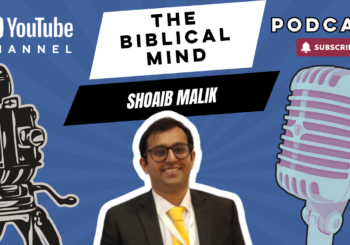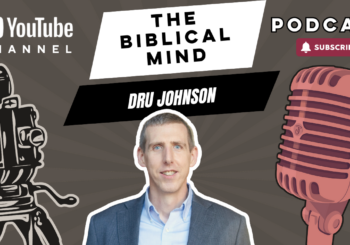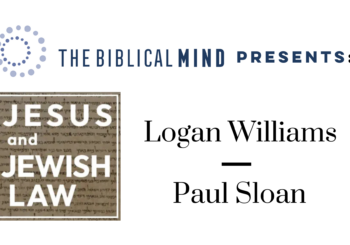Listening to the Bible: Why Scripture Was Meant to Be Heard (Dru Johnson) Ep. #188
Most of us read the Bible with our eyes—but what if we’re missing something essential by not listening to it? In this episode, Dr. Dru Johnson challenges the modern tendency to engage Scripture primarily as a written text, arguing that the Bible was designed to be heard. From the Torah readings of Moses to the public proclamation of Paul’s letters, Scripture has always been an aural experience—one meant to be absorbed in community rather than private, silent reading.
Dr. Johnson explains why listening changes how we understand Scripture, uncovering literary structures like repetition, parallelism, and chiasms that are far easier to hear than to see. He also explores the cognitive science behind reading vs. listening, showing why oral engagement helps us retain and interpret biblical texts more deeply.
Could reclaiming the practice of hearing Scripture together revolutionize the way we experience the Bible? This episode dives into why the church should return to communal listening, what ancient Jewish and Christian traditions teach us, and how modern worship services might be reshaped by putting Scripture at the center—not just as a text to analyze, but as a living word to hear.
We are listener supported. Give to the cause here:
https://hebraicthought.org/give
For more articles:
https://thebiblicalmind.org/
Social Links:
Facebook: https://www.facebook.com/HebraicThought/
Instagram: https://www.instagram.com/hebraicthought/
X: https://www.twitter.com/HebraicThought/
Bluesky: https://bsky.app/profile/hebraicthought.org
Chapters
00:00 Introduction
00:03 The Natural Habitat of Scripture
04:15 Hear and Obey in Hebrew – The Shema
09:05 Active Listening and Vigorous Discussion
10:17 Listening vs. Reading: A New Perspective




